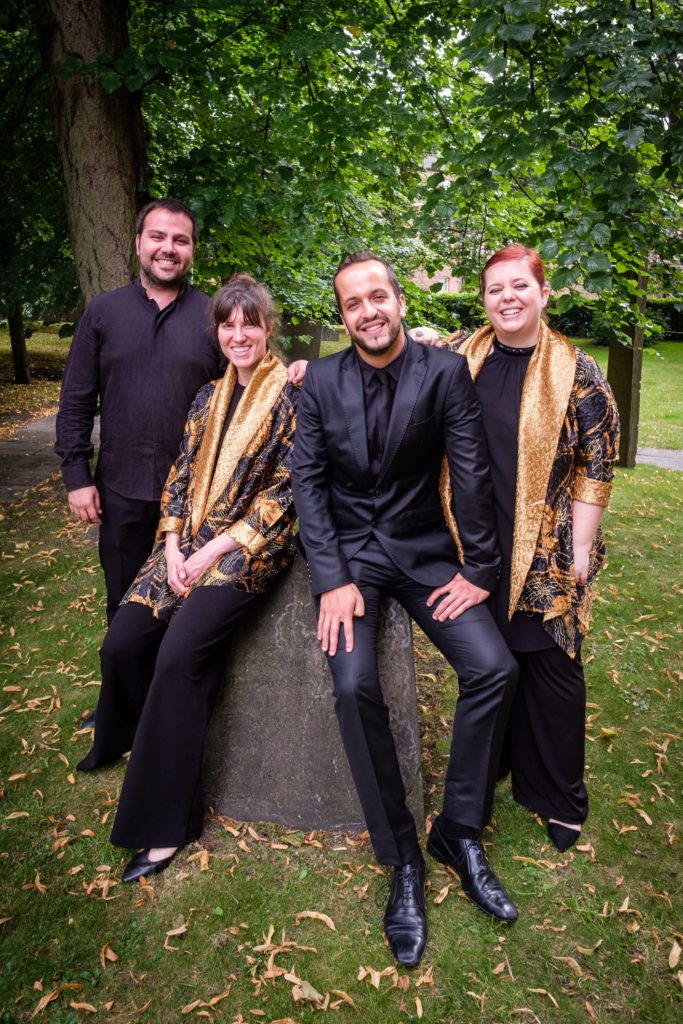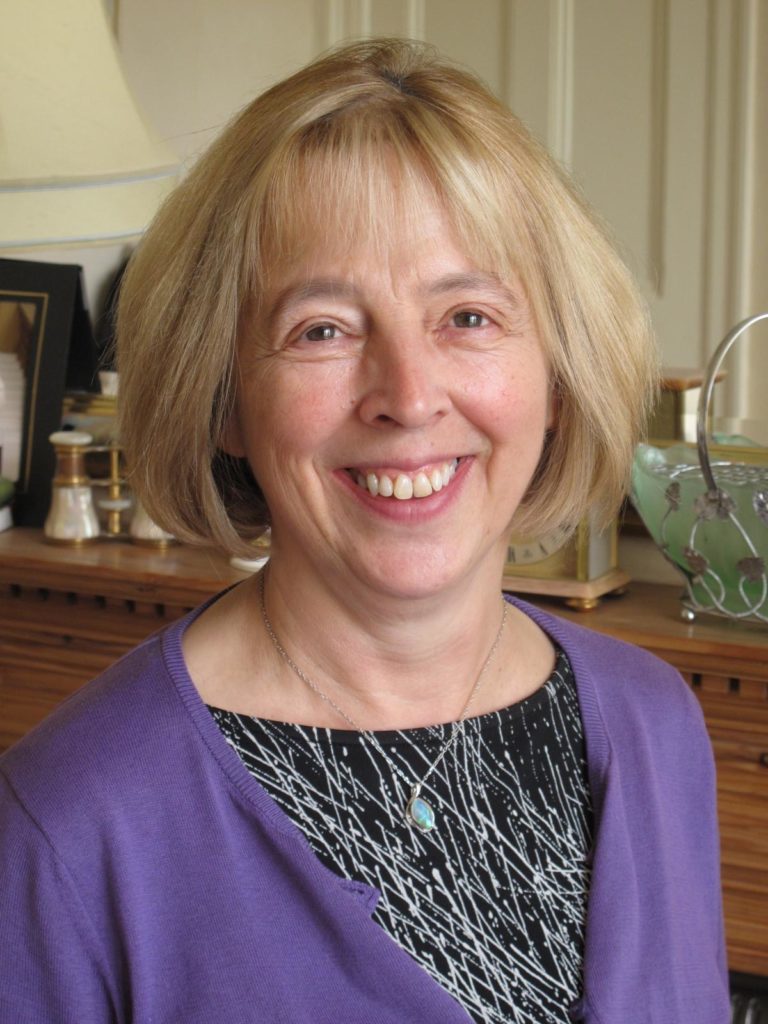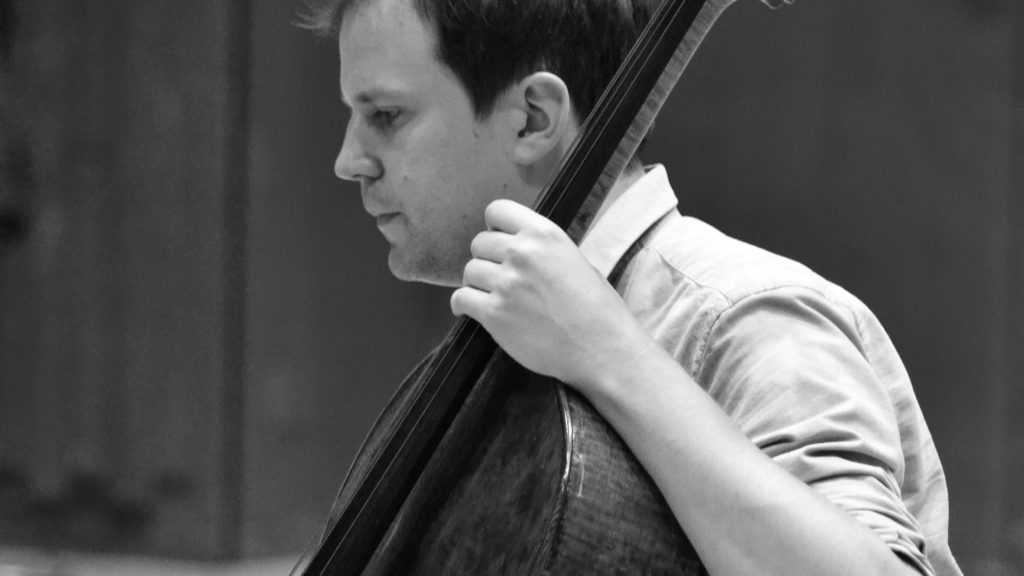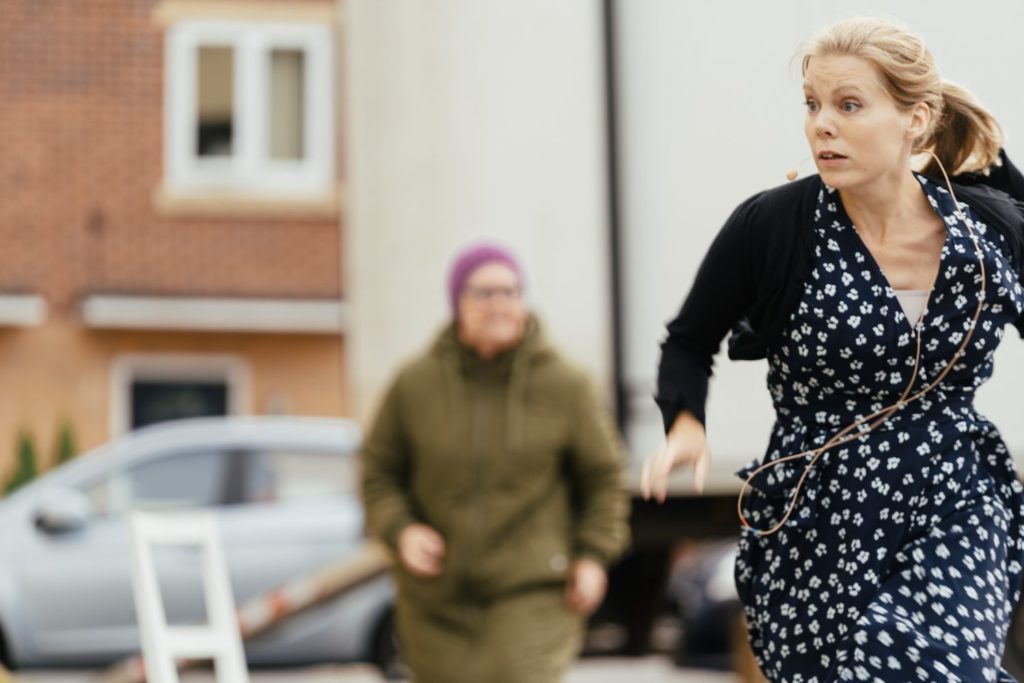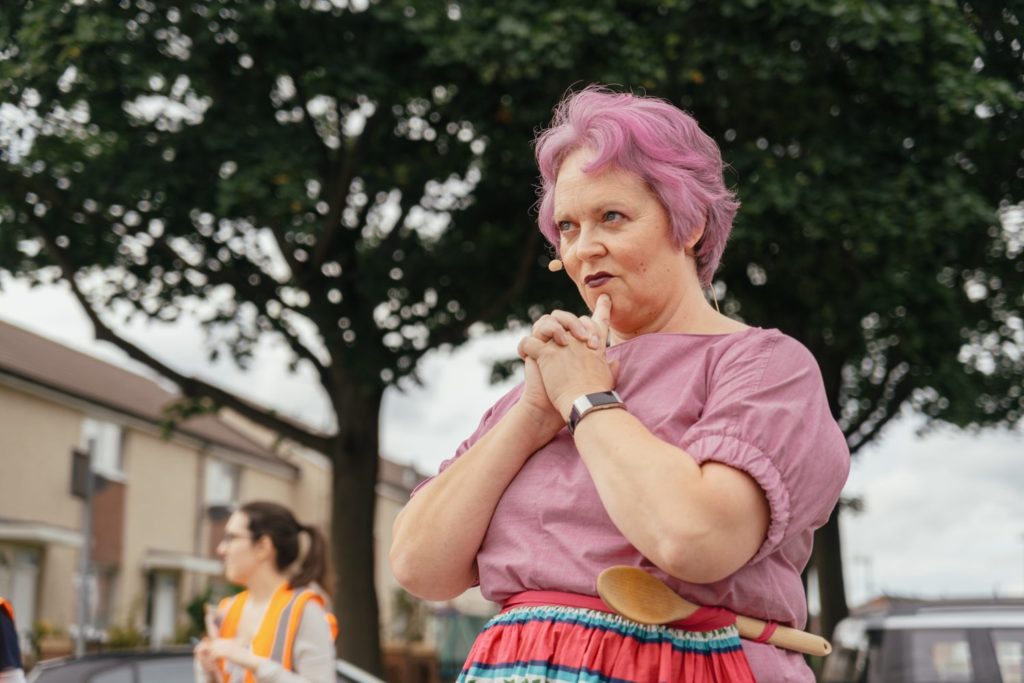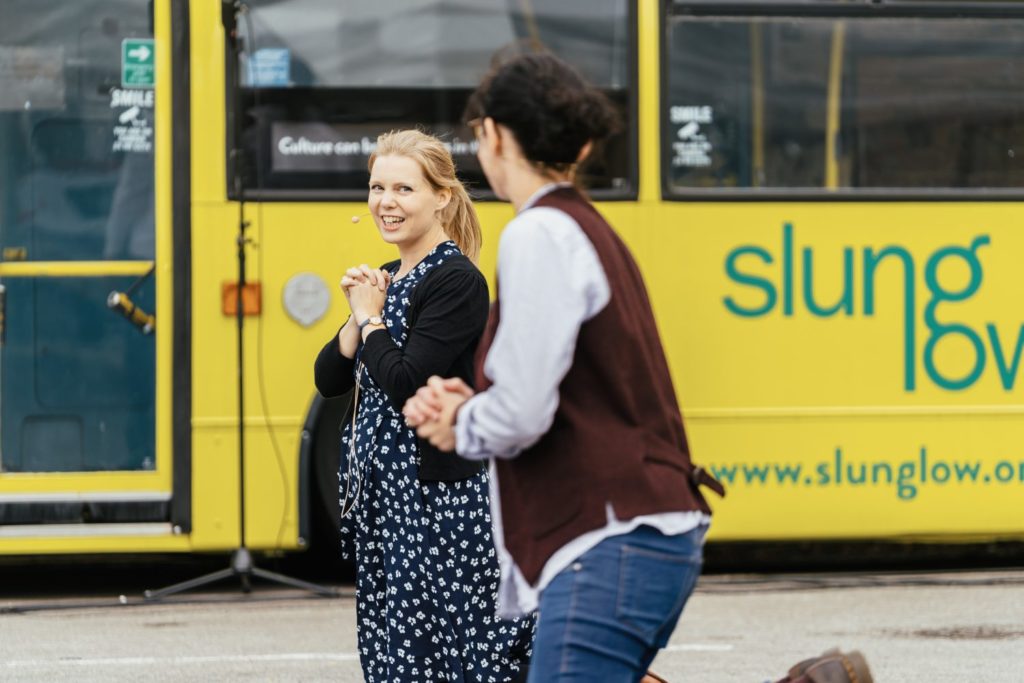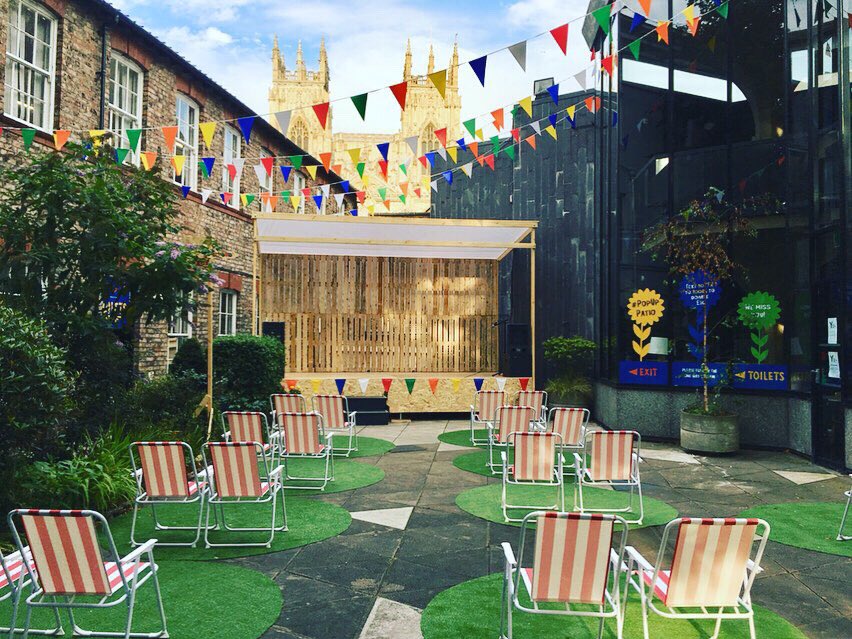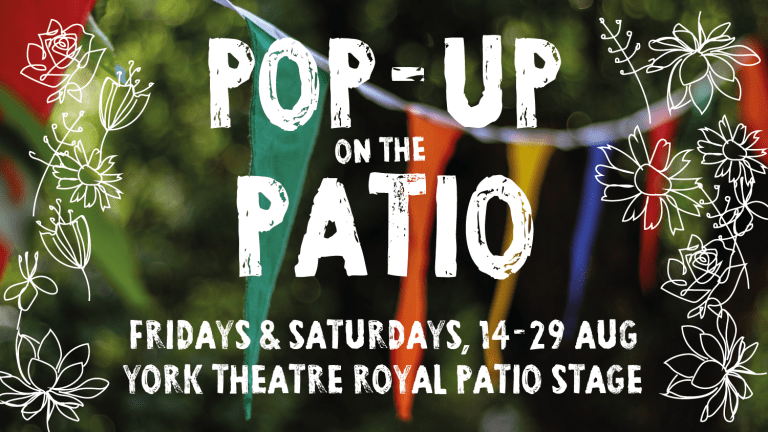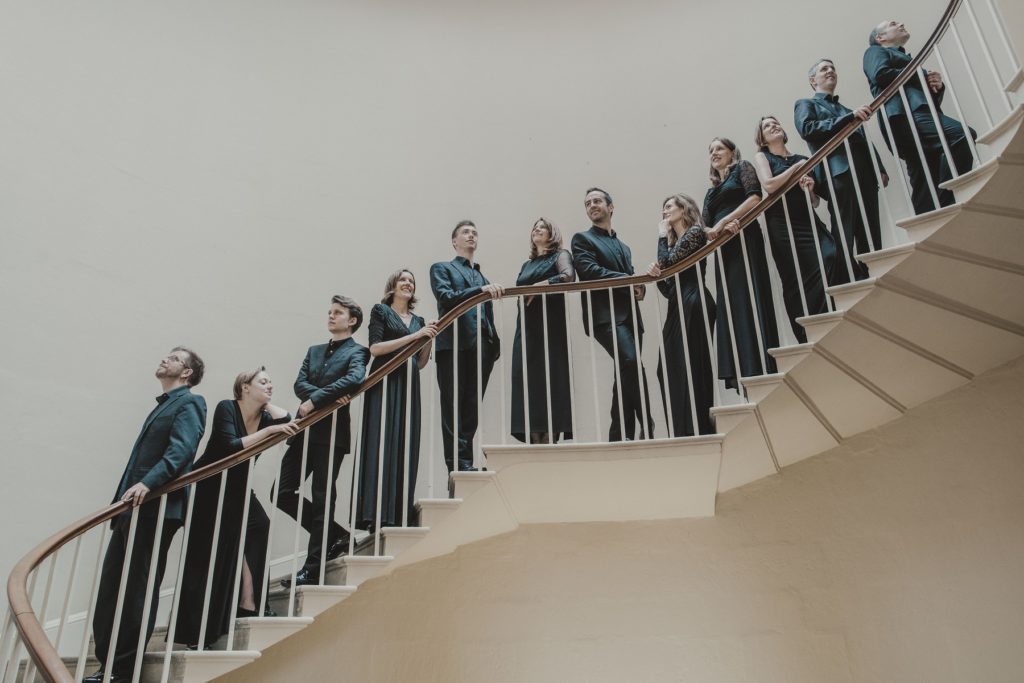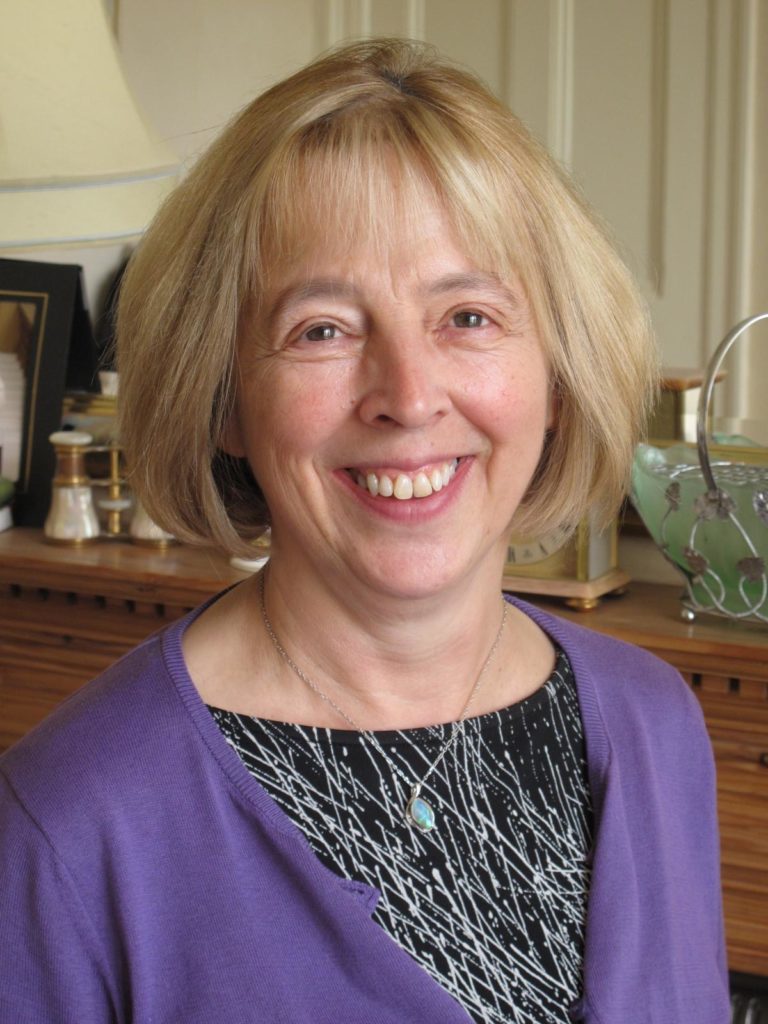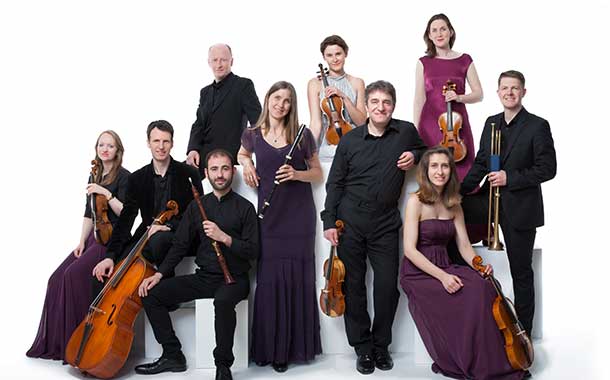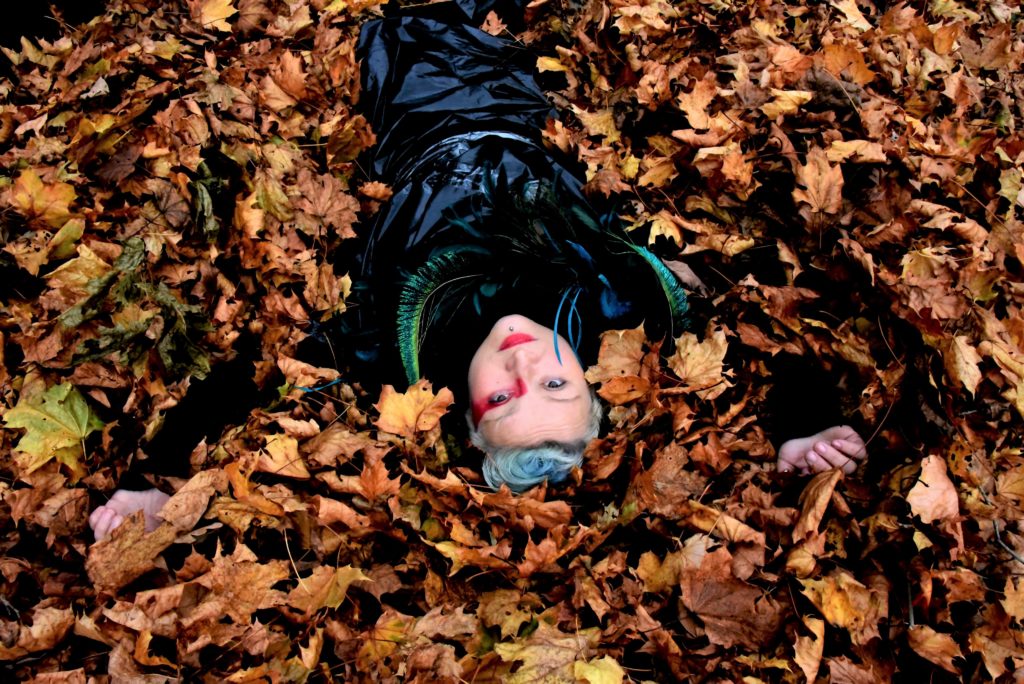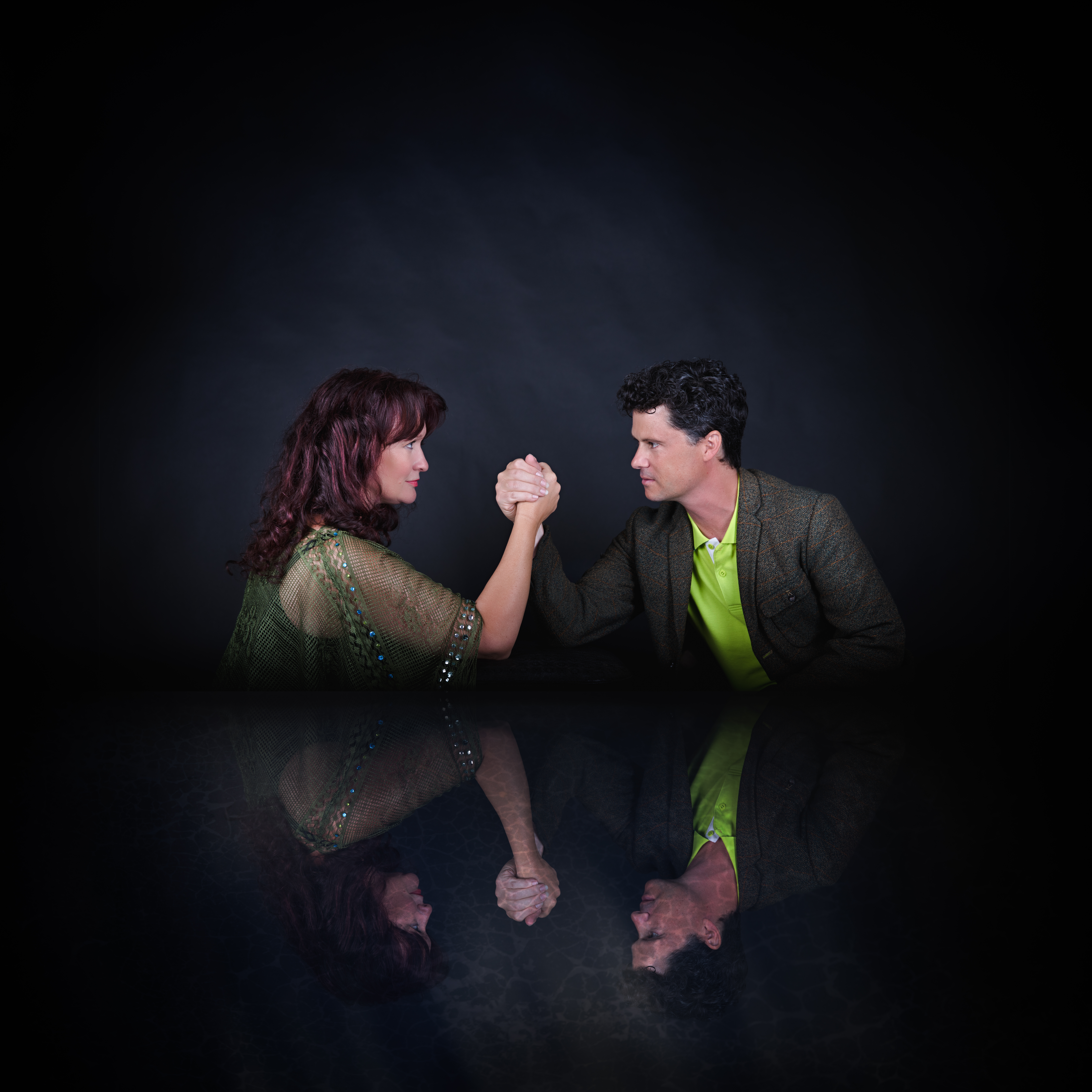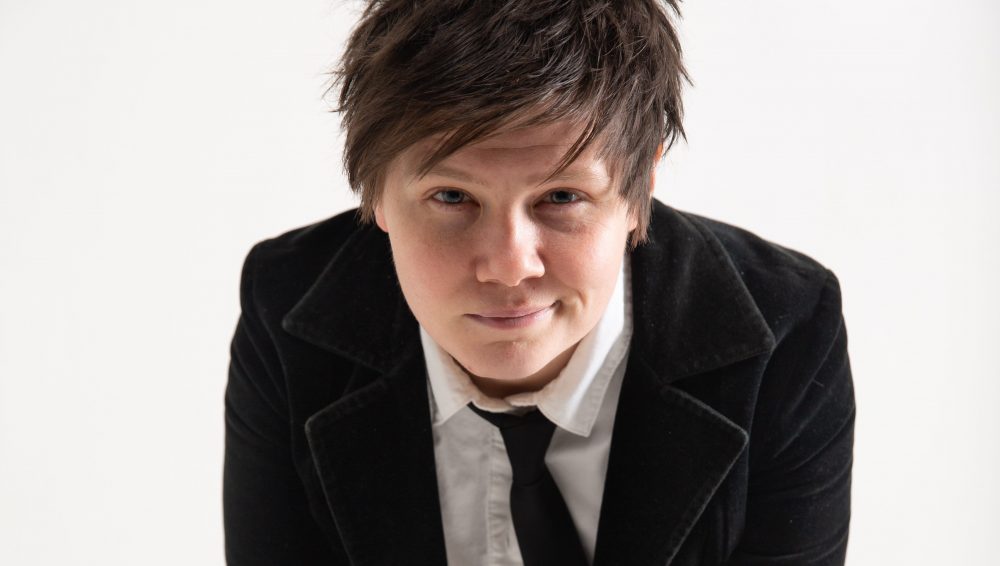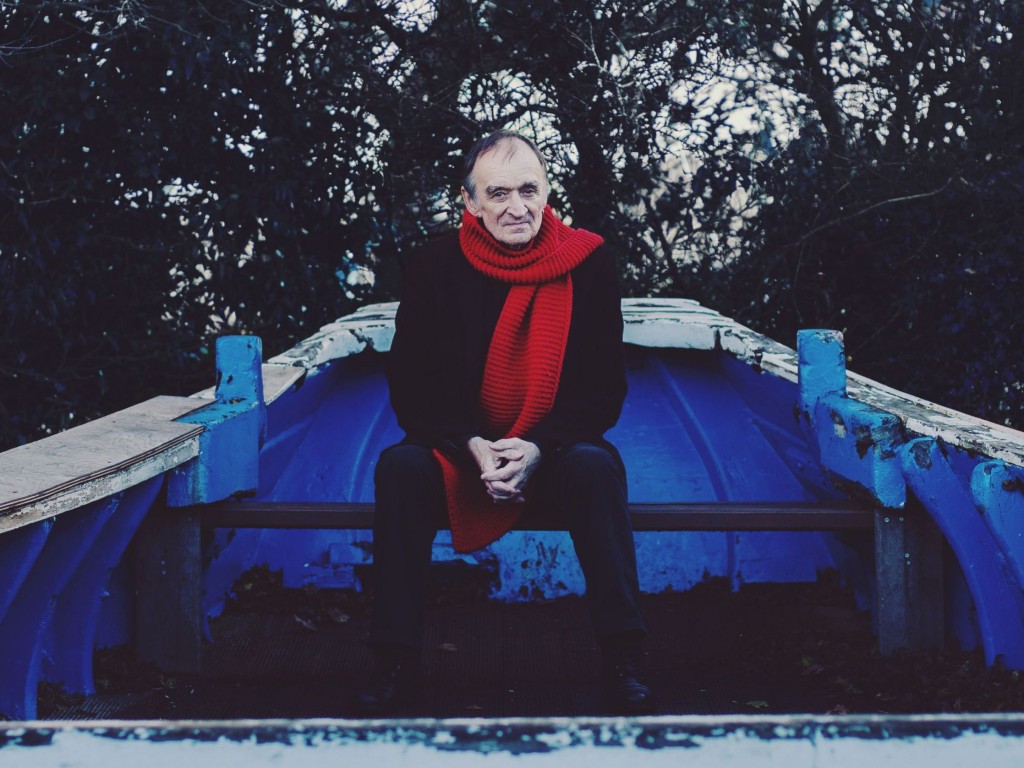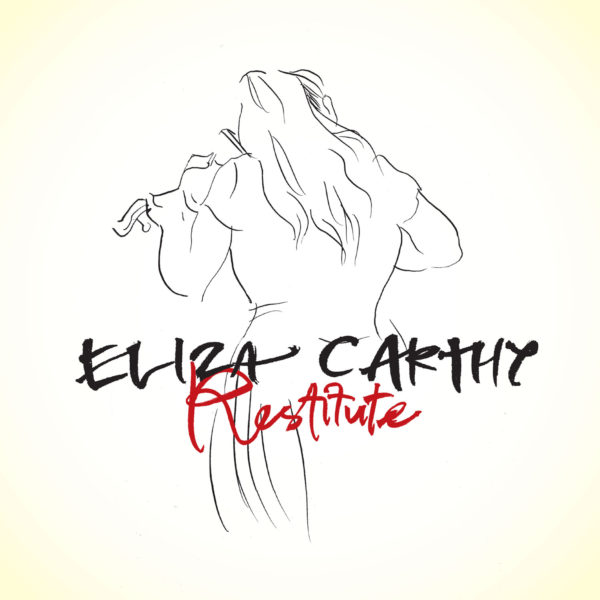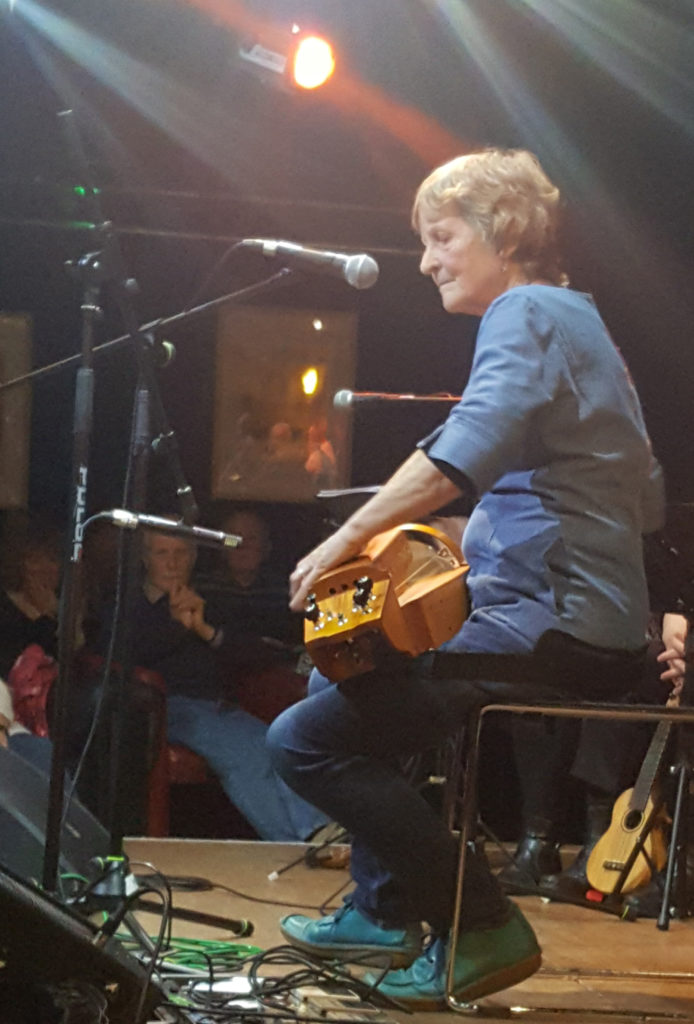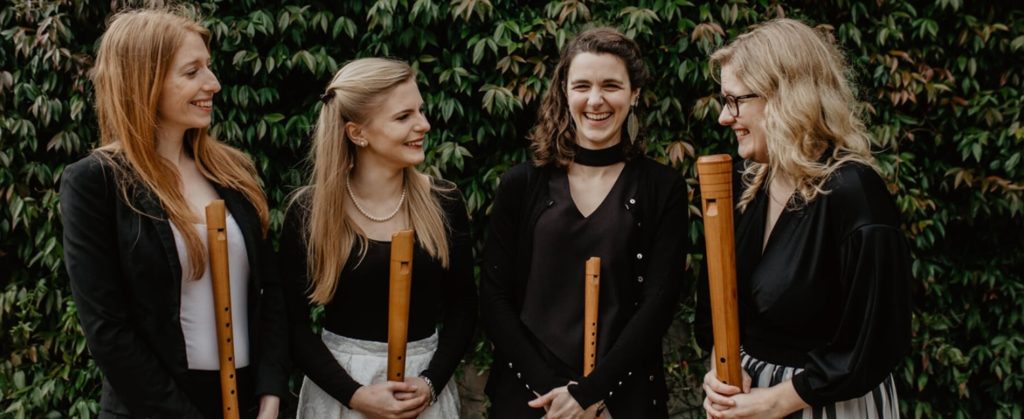
THE call-out for entries for the 2021 NCEM Young Composers Award in York is under way.
Launched on BBC Radio 3’s Early Music Show today, the annual competition invites composers aged 25 and under to write a new work for recorder quartet.
Each year, the award is presented by the National Centre for Early Music, at St Margaret’s Church, Walmgate, in association with BBC Radio 3, joined for the 2021 award by the vibrant young recorder quartet Palisander.
This major national award is open to young composers resident in the UK and is divided into two categories: 18 years and under and 19 to 25 years.
Composers are asked to create a new work for recorder quartet based on any dance form from across all eras and cultures, from the bransle and the galliard to the Charleston and the tango.
The work may be a single movement rooted in a single dance form, a continuous movement that combines different dance forms, or a suite made up of two, three or four short movements. The entire piece should last between three to four minutes.
Shortlisted composers will be invited to the award day at the NCEM on Thursday, May 13 2021 when the shortlisted compositions will be presented by Palisander in a workshop led by composer Christopher Fox. In the evening, Palisander’s Lydia Gosnell, Teresa Wrann, Miriam Monaghan and Caoimhe de Paor will perform each of the pieces for a panel of judges.
The two winning pieces, one from each age category, will be premiered by Palisander in a public performance at St John’s Smith Square, London, on May 20 2021 as part of the London Festival of Baroque Music and recorded for broadcast on BBC Radio 3’s Early Music Show.

NCEM director Delma Tomlin says: “We are delighted to introduce an exciting new element of dance into this year’s awards. This really helps us to open up the award, giving us the opportunity to work with an ever-broader community.
“Palisander are well versed in supporting school groups and emerging musicians and we are thrilled to work with such a dynamic young ensemble. We can’t wait to hear what people come up with!
“Shortlisted candidates will be able to enjoy an action-packed day of workshops in York with Palisander plus composer Christopher Fox. The winning compositions will be broadcast on BBC Radio 3’s Early Music Show, a feather in the cap of any young composer.”
Alan Davey, the Beeb’s controller of BBC Radio 3 and classical music, says: “Supporting young talent and promoting new music are both central to BBC Radio 3 and we are proud to continue our commitment to supporting the next generation of composers inspired by early music.”
Palisander, all alumni from the Guildhall School of Music and Drama, are “very proud” to be partnering with the NCEM and Radio 3 for next year’s award. “Our programmes, though rooted in history, are not bound by it. Contemporary compositions, arrangements and performance presentation play a central role in our concerts, so we’re eager to hear the next generation’s take on one of our favoured genres: music to dance to!” say the London quartet.
“We look forward to introducing the young composers to our plethora of recorders of varying shapes and sizes, as well as the different timbres and extended techniques at their disposal. As passionate ambassadors of our instrument, we hope that the young composers will be as inspired as we are by the plentiful possibilities of the recorder family.”
The closing date for registration is Friday, February 19, 5pm; the deadline for submission of scores is Friday, March 19, 12 noon. Shortlisted candidates will be informed on Friday, April 9 and will be invited to attend the award day and workshops in York on May 13.
Terms and conditions and details of how to take part, including Palisander’s advice on composing for recorder quartet, can be found at: www.youngcomposersaward.co.uk/2021. Alternatively, email: info.composers@ncem.co.uk.
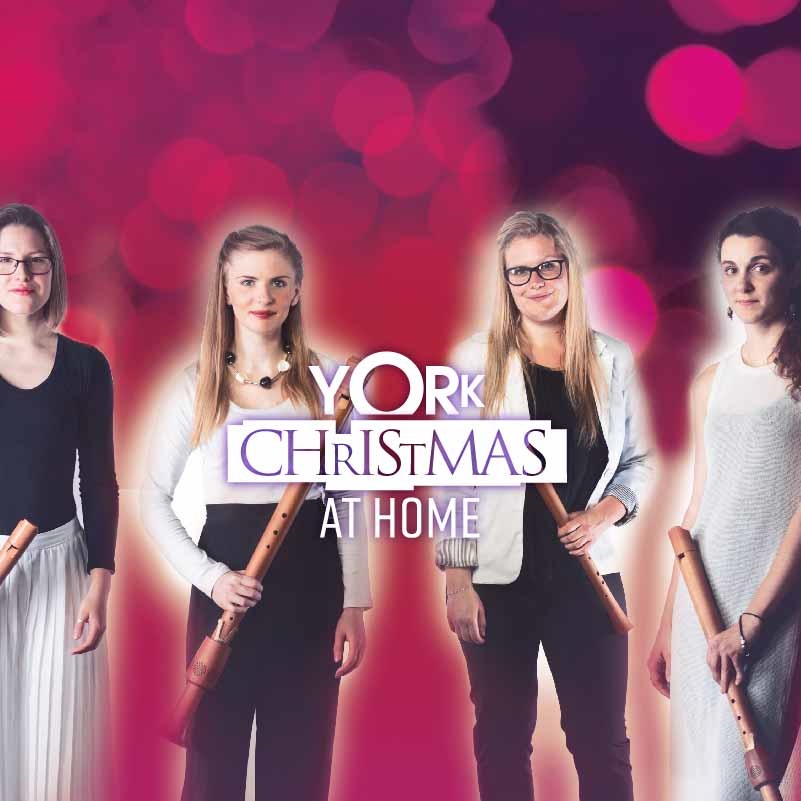
PALISANDER will present Mischief & Merriment at the York Early Music Christmas Festival at the NCEM, Walmgate, York, on December 4 at 4.30pm and 7pm.
The recorder quartet of Lydia Gosnell, Miriam Monaghan, Caoimhe de Paor and Teresa Wrann will recall how Christmas was the highlight of the Tudor calendar when strict Advent fasting would be followed by 12 indulgent days of mischief and merriment.
These elaborate celebrations were presided over by the Lord of Misrule, who co-ordinated the Christmastide entertainments for the court. For their December 4 programme, Palisander will return to the NCEM to take on the role of Lords of Misrule, presenting festive songs and dances to keep toes tapping throughout December.
Traditional Renaissance settings of familiar carols will be paired with music to accompany the whopping 20-plus course Tudor Christmas dinner, complemented by Yuletide courtly dances and playful contemporary takes on the Lord of Misrule’s spectacles.
Palisander will showcase their full recorder family, from the six-inch garklein to the six-foot contrabass, plus everything in between, and among the featured composers will be Antony Holborne, John Dowland, Thoinot Arbeau and Michael Praetorius.
York Christmas At Home will present nine online concerts in three days from December 11 to 13. Palisander’s Mischief & Merriment will be streamed at 1pm on December 12 and will be available to view on demand until January 6 2021. Tickets are on sale at: https://tickets.ncem.co.uk/en-GB/shows/palisander%20online/events.
Tickets for the York Early Music Christmas Festival can be booked at ncem.co.uk. Hurry, hurry, is the advice

